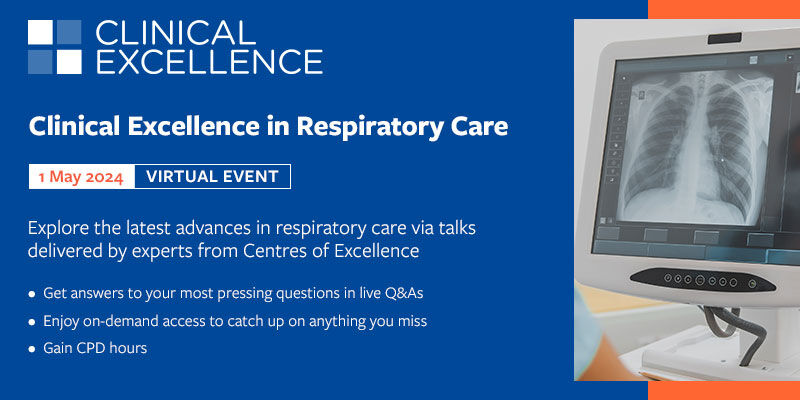Researchers may be able to predict future severe cardiac events in patients with known, stable coronary artery disease (CAD) using coronary calcium scoring.
“The amount of calcium in the coronary vessels, as measured by CT, is of high predictive value for subsequent serious or fatal heart attack in these patients, independent of the patient’s age, sex and other coronary risk factors,” said the study’s lead author, Marcus Hacker, resident physician in the Department of Nuclear Medicine, leader of the research unit for nuclear cardiology and assistant medical director at Ludwig Maximilians University in Munich, Germany.
CAD is the most common type of heart disease. According to the National Heart, Lung and Blood Institute, it is the leading cause of death in the US for both men and women, killing more than 500,000 Americans each year.
CAD is a condition in which plaque, consisting of cholesterol, calcium, fat and other substances, builds up inside the arteries that supply blood to the heart, which may lead to arrhythmia, heart attack or heart failure.
Single photon emission computed tomography (SPECT) myocardial perfusion imaging is a nuclear medicine diagnostic procedure that provides excellent three-dimensional images of the coronary arteries to assist in the diagnosis and treatment of CAD.
Dr. Hacker and colleagues set out to determine if calcium scoring would lend additional prognostic value to SPECT findings in patients with known, stable CAD.

For the study, 260 patients with CAD underwent coronary artery calcium scoring in addition to SPECT myocardial perfusion imaging. Over a median period of 5.4 years, the patients were followed up for severe cardiac events, meaning cardiac death or nonfatal heart attacks. Twenty-three of the 260 patients had a fatal or severe heart attack, and 40 additional patients underwent bypass surgery.
The results showed that patents with an initial calcium score greater than 400 were at significantly increased risk for severe cardiac events.
“We found that coronary calcium seems to play an important role in predicting subsequent heart attack or sudden cardiac death, and adds prognostic value to SPECT findings,” said co-author Christopher Uebleis, member of the research unit for nuclear cardiology at Ludwig Maximilians University.
Dr Hacker pointed out that combining calcium scoring and SPECT can help to identify patients with known CAD who are at highest risk for serious or fatal heart attacks.
“In these patients, intensified medical therapy, shorter follow-up intervals and, if necessary, bypass procedures may be required to prevent future severe cardiac events.”









